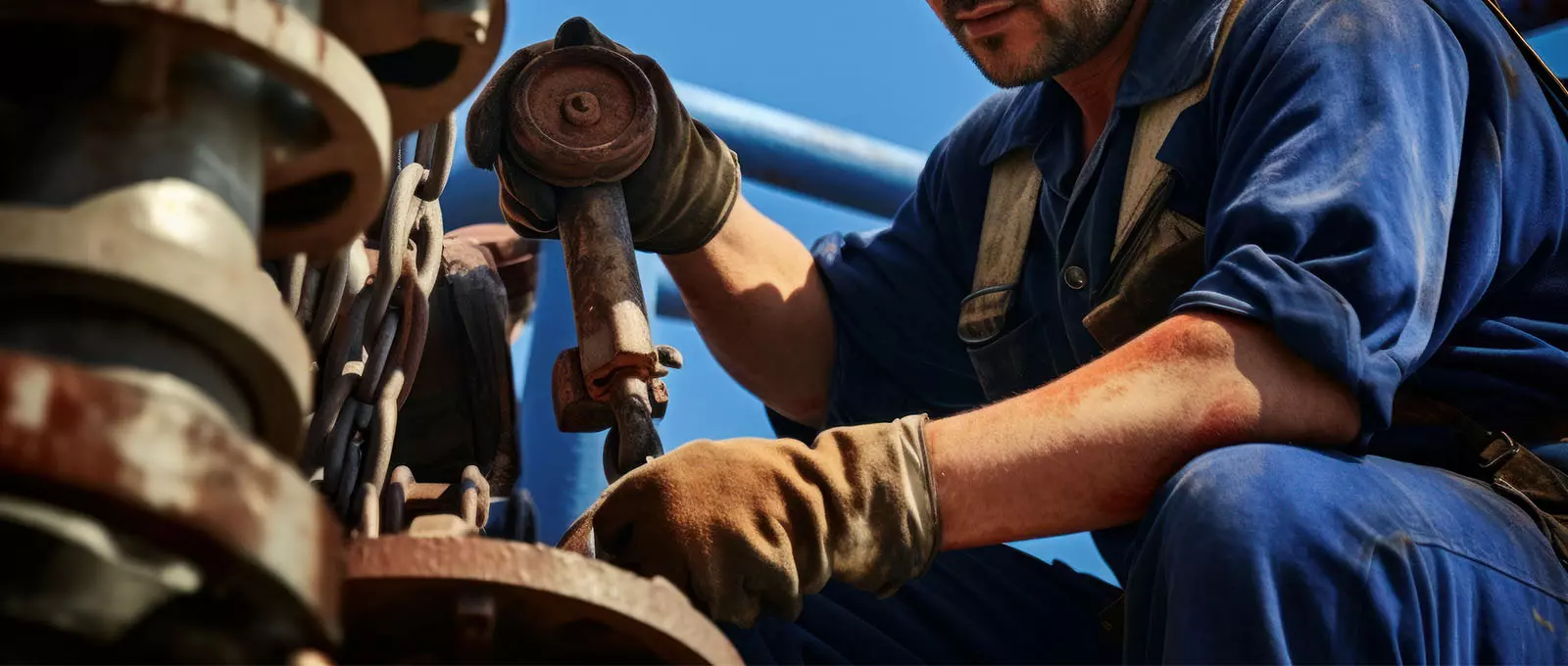Oil rigs often offer great jobs with lucrative pay, but they can also be incredibly dangerous. From oil rig explosions to exposure to toxic chemicals and extreme weather conditions, offshore oil rig accidents can lead to catastrophic injuries. If something does go wrong while working an oil rig, however, there are steps you can take to ensure you're protected during and after the incident.
After an oil rig disaster, follow these six steps to help protect your health and your legal rights.
Critical Steps To Take After an Oil Rig Accident
The dangers of working for oil companies as an oil rig worker are many. After an accident, follow these critical steps to protect yourself and others around you.
1. Activate the Emergency Response Procedures
Immediately after an oil field accident, try to activate any and all emergency response procedures. These procedures often include:
- Locking down oil rig equipment
- Shutting off power or fuel supplies
- Hitting an alarm
- Calling the appropriate emergency authority
- Calling 911 if located onshore
- Finding firefighting equipment
- Using medical or first-aid equipment
- Following escape procedures and helping others do the same
Notifying the proper authorities of the accident can also help get the necessary medical and emergency response teams to the area.
2. Assess the Situation for Unsafe Conditions
Look around for any unsafe conditions after an oil rig accident. Offshore drilling rigs often contain dangerous equipment and chemicals. These conditions may cause burn injuries, broken bones, and even death.
Look around and examine your surroundings. Consider whether it is safe to move and where any hidden hazards may be. Look for unsafe conditions such as:
- Active fires
- Explosion risks
- Slippery areas
- Broken safety equipment
- Toxic chemicals or dangerous gases
- Dangerous weather conditions
It can be difficult to assess the situation calmly in the heat of the moment. Try to calm yourself and consider any further risks to your health.
3. Provide Medical Attention To Injured Workers
Prompt medical attention can save lives after an oil rig accident. After assessing your own health, determine if you can help anyone else who was hurt. Determine what medical needs they have and if you are qualified to help.
If you have first-aid or CPR training, do what you can for anyone that was hurt. Use medical equipment on the rig to provide whatever medical care you can until professionals arrive. Stay with injured people to help keep them calm, as this alone can help save a life in many cases.
4. Secure the Accident Area To Prevent Further Damage
Once your health and the others around you are cared for, determine if there is anything you can safely do to prevent further damage or further injuries to others. This may include shutting down systems, turning off machines, or removing people from a dangerous situation.
5. Initiate Incident Reporting and Investigation
Report the incident to the appropriate command structures as soon as possible. Focus on your health and that of others first, but make sure to report any injuries you have. You should also report any details you know, such as:
- What caused the accident
- Where the accident originated
- How you were hurt in the accident
- How others were hurt in the oil rig disaster
- What injuries you suffered
- Your medical treatment, appointments, and medical expenses related to the oil rig explosion or accident
Reporting your injuries and participating in the investigation are both incredibly important. Under workers' compensation and United States maritime law, you must report your injuries to your supervisor or employer. Not doing so could impact your rights to financial compensation.
An incident investigation will help determine the cause of the accident and resulting injuries. The company should investigate the cause of the accident to determine if faulty equipment, individual negligence, or other factors are to blame. This information will also be important in any later oil field accident lawsuit or third-party investigation.
6. Implement Corrective Actions and Proper Safety Measures
The oil company should implement appropriate corrective actions to prevent future accidents. Once the investigation identifies the cause of the accident, gas industry executives, supervisors, and workers can correct the mistakes of the past to help prevent this harm in the future. This may save many lives and prevent injuries.
Too many companies put profit ahead of the safety of their workers and lives are lost as a result. By following these steps, you can help protect your health and the health of others after an oil field accident.
Hold All Parties Accountable With the Help of an Oil Field Injury Lawyer
These jobs are dangerous but that does not mean you must suffer without help. An oil field injury attorney can help you seek the financial compensation you deserve after an oil rig accident.
At Dunn Sheehan, we help injured oil workers win compensation. Our team knows what it takes to investigate your case and can help hold the responsible party to account for their negligence. We help workers get their lives back together after an accident.
If you were injured on an oil platform or oil rig, our oil rig accident attorneys are here to help. Contact us today for a consultation. We look forward to speaking with you.
